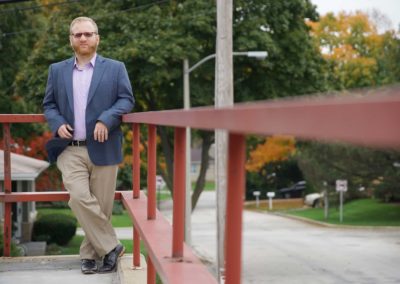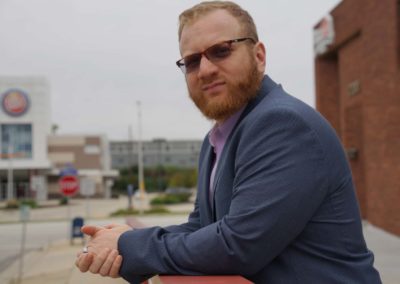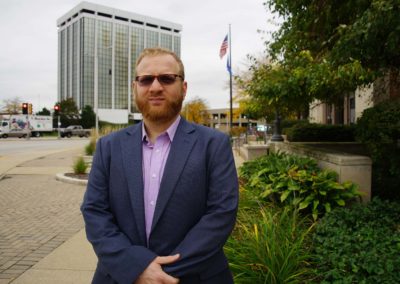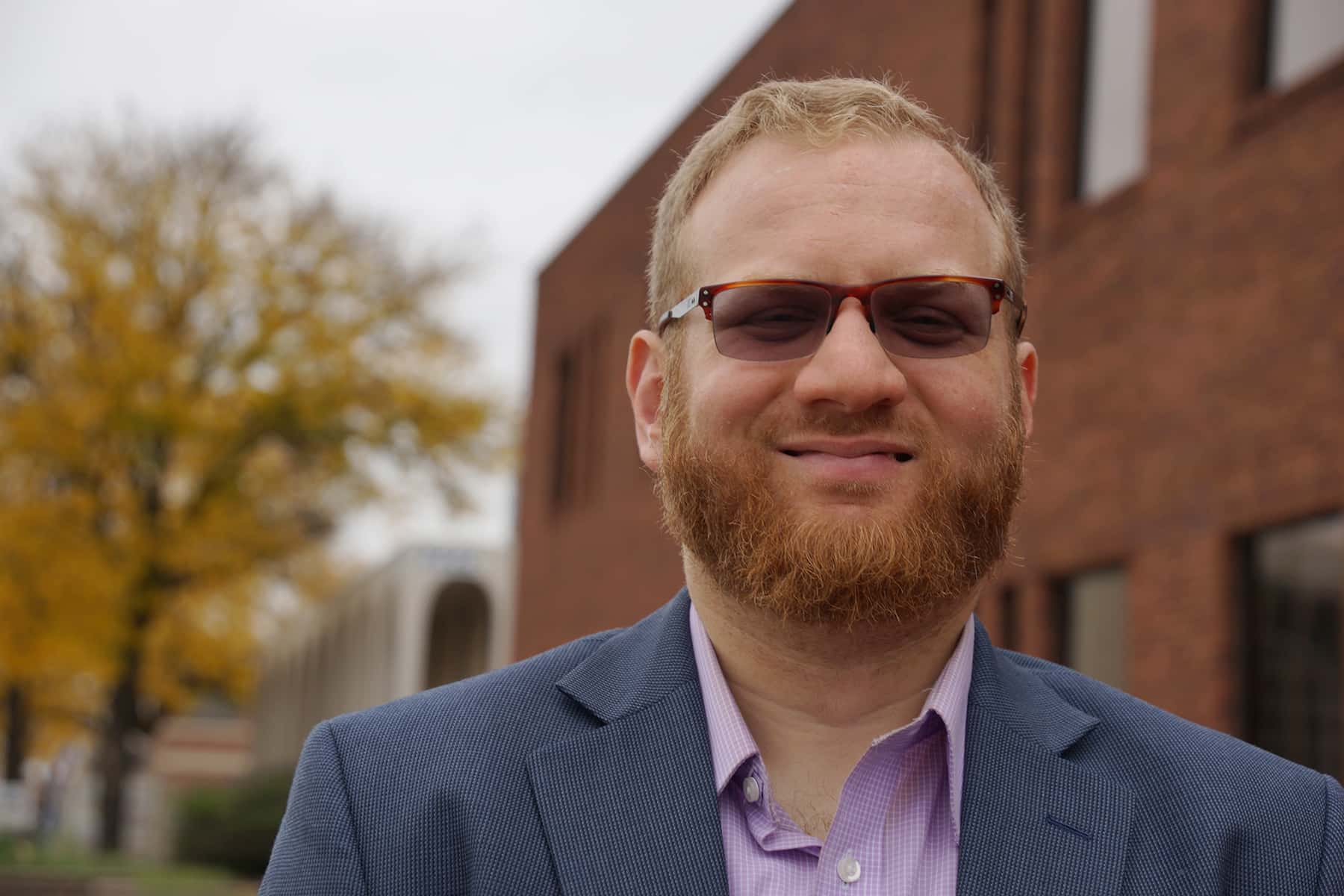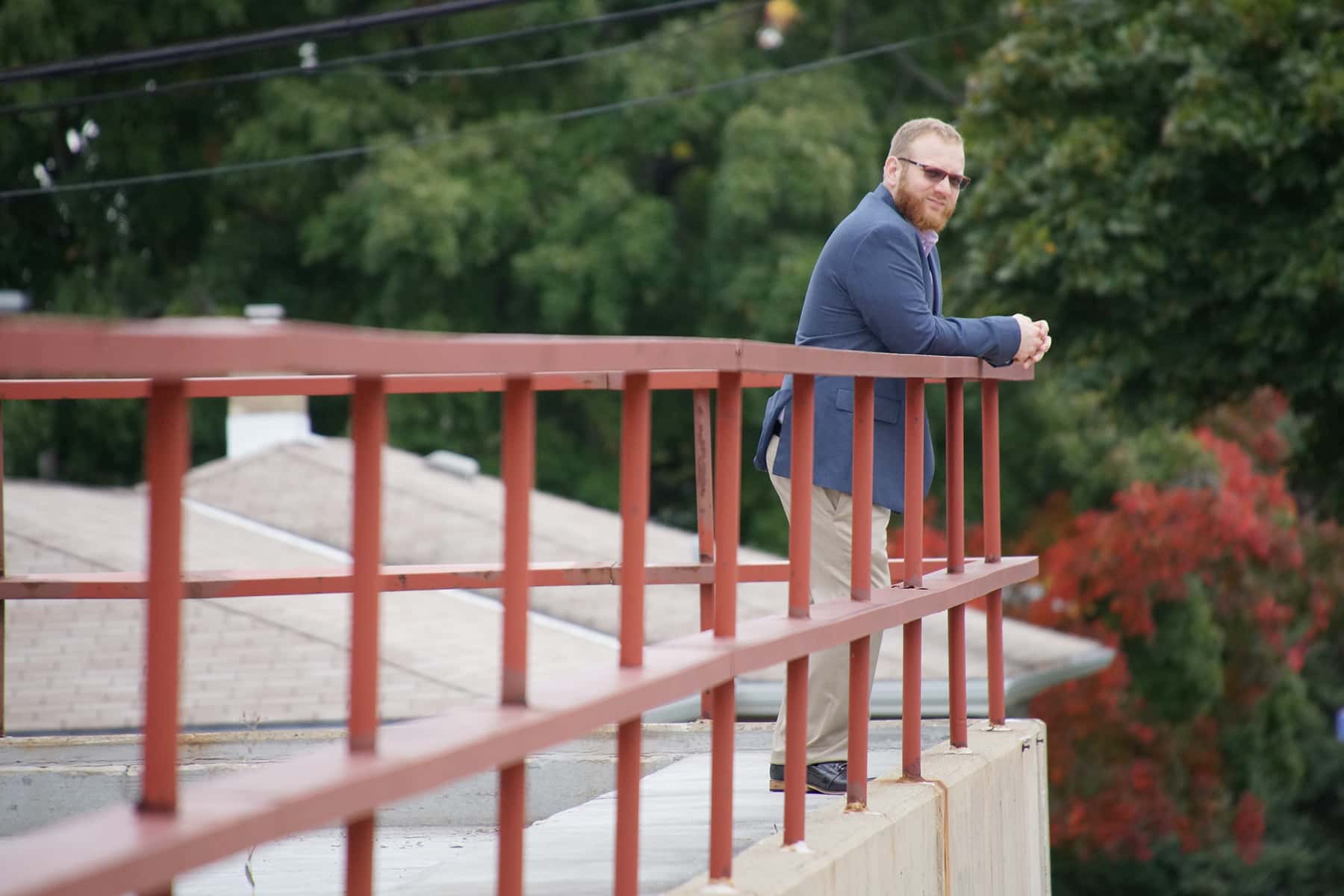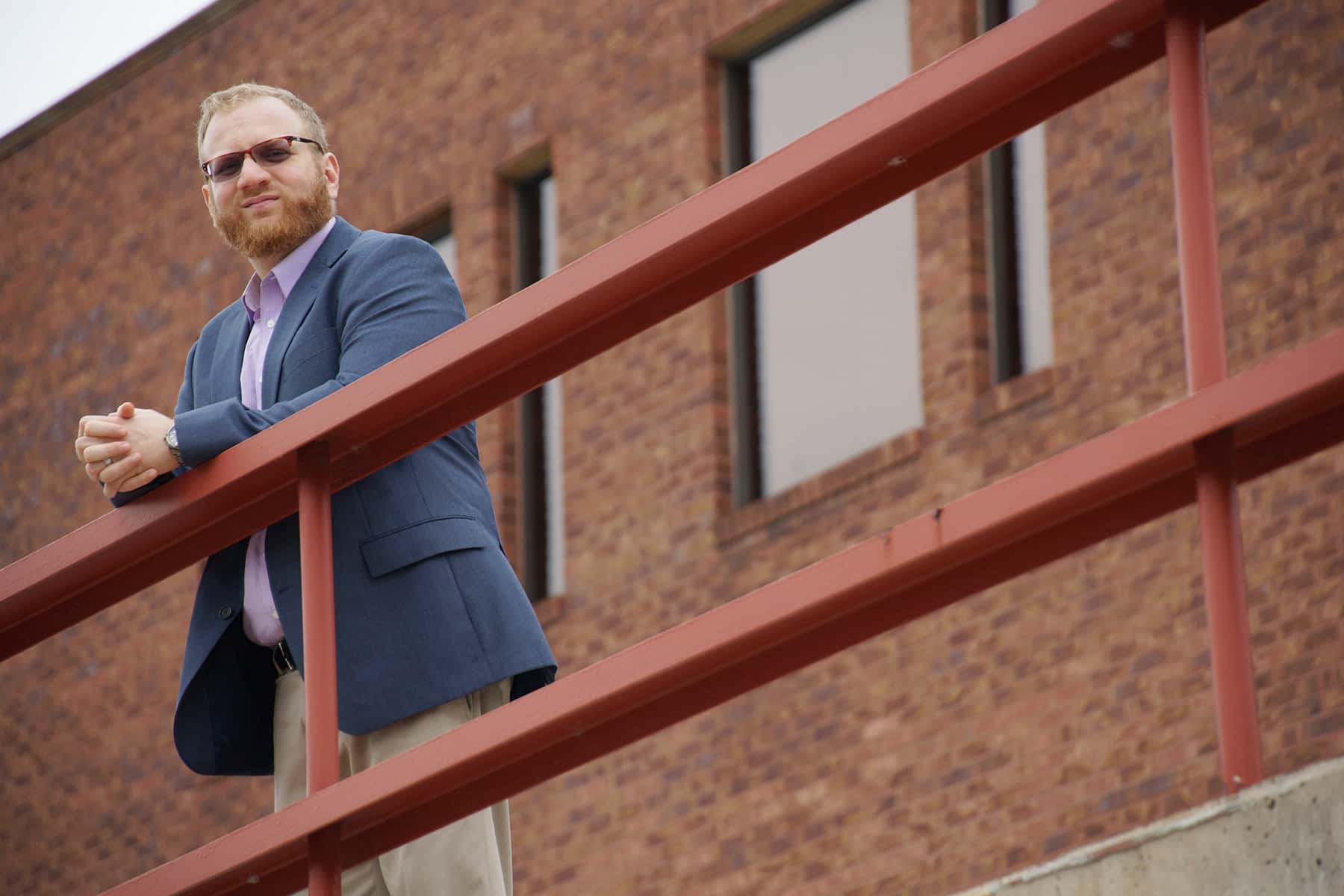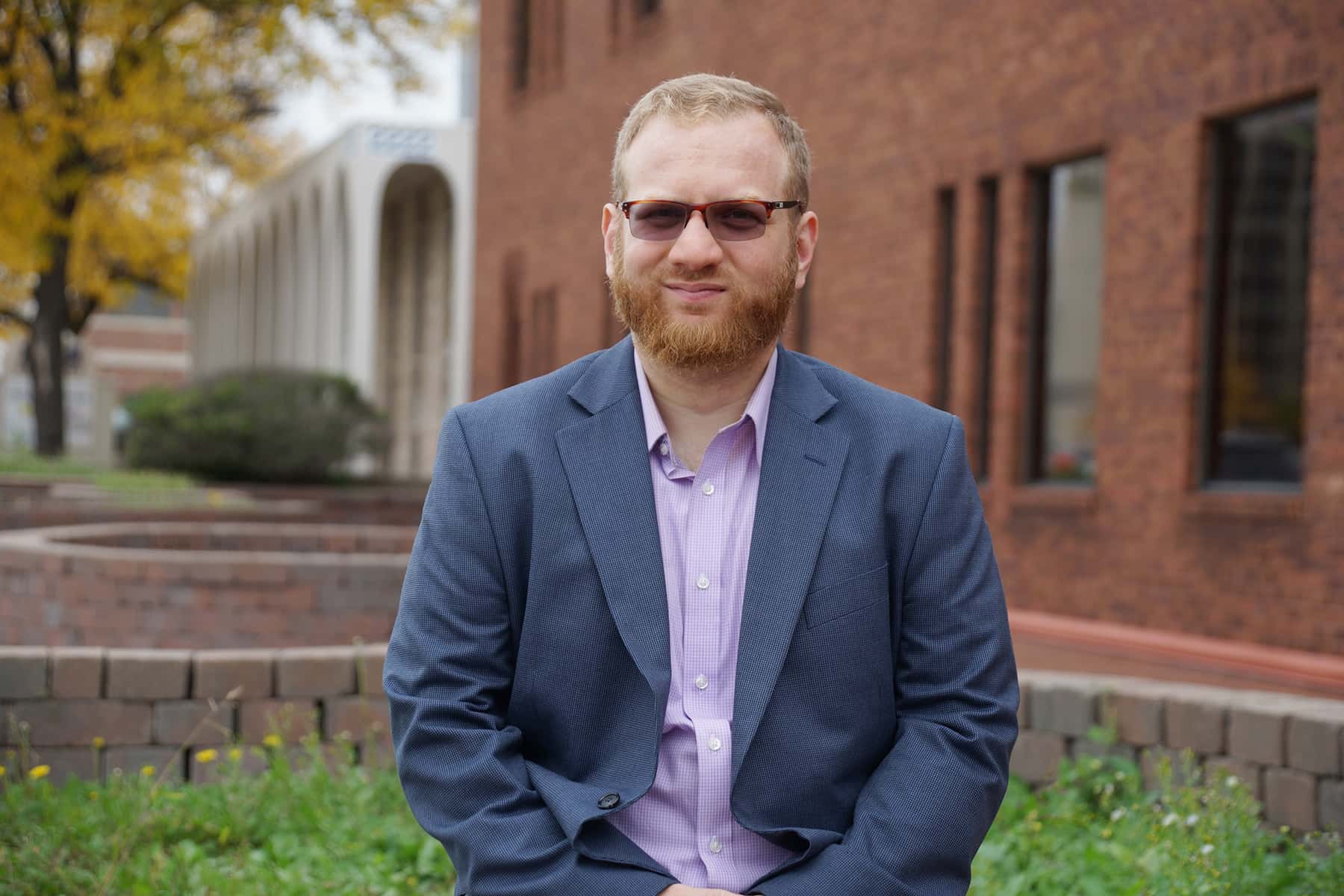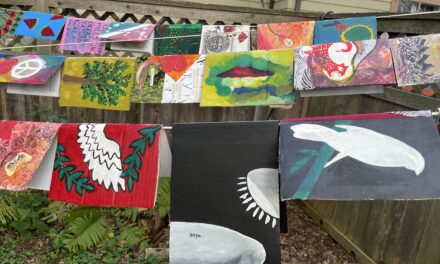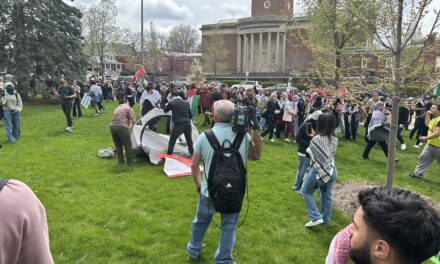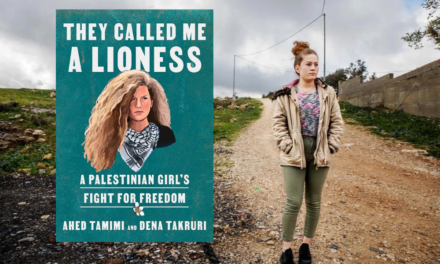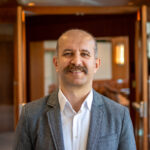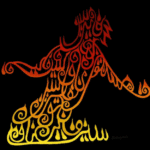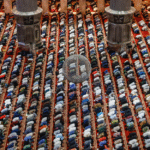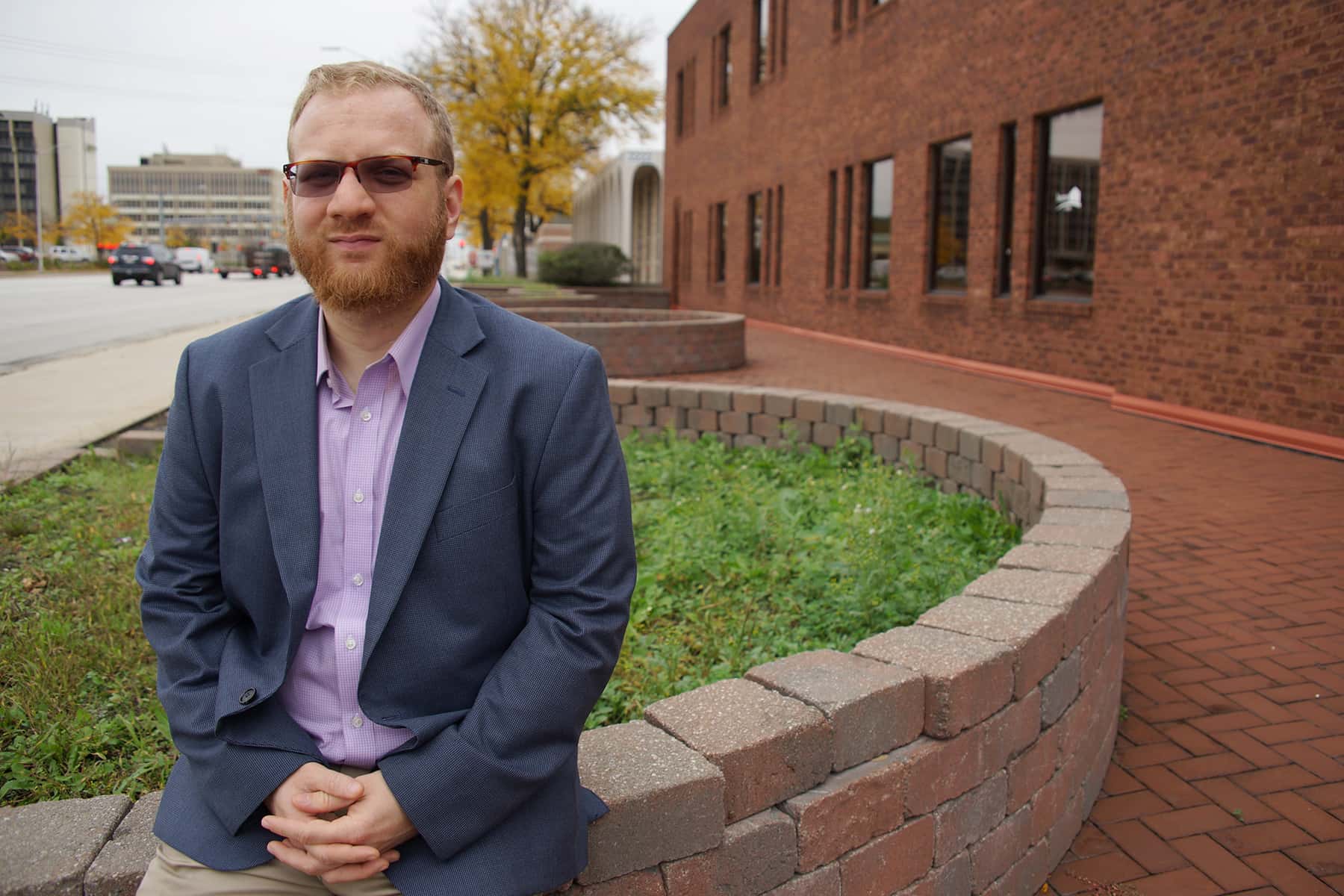
As a hospice Chaplain, Sayyid Sameer Ali works extensively with people of other faiths, helping them cope with the conditions of hospice.
As a Shia Imam, he is part of a new generation of Imams who are challenging notions within the Muslim community. In the process, Ali is building bridges with other faiths to promote understanding and cooperation.
Q&A with Sayyid Sameer Ali
Wisconsin Muslim Journal: Aside from Allah, who had the most influence on your early life and why?
Sayyid Sameer Ali: I have been influenced by the long-standing tradition of scholarship in Islam. Many great figures, including al-Ghazzali, Mulla Sadra, Shaykh Mufid, and others from the past have inspired me. I also find comfort in the leadership of modern scholars who are attempting to interpret the faith in light of modern and post-modern challenges and issues.
Wisconsin Muslim Journal: What was your path to becoming an Imam, and if you had not followed that calling what other career direction would you have chosen?
Sayyid Sameer Ali: I see being an Imam as calling rooted in my faith and in my connection to the Muslim community. Being originally South Asian, most of my peers chose medicine or law and I was one of the few who chose the humanities and religion as my field of study. I am grateful to Allah to have guided me throughout my journey in my religious and secular education.
Wisconsin Muslim Journal: What would surprise people to know about you?
Sayyid Sameer Ali: I work extensively with people of other faiths. Generally, people expect an Imam to be insulated and active within his own faith community, but I feel my generation of Imams is challenging that notion and is engaging more actively with other faiths and denominations. I have found this to be a challenging and fulfilling task.
Wisconsin Muslim Journal: What is your biggest frustration about efforts to bring social justice to Milwaukee? And what are the issues you are most involved in locally?
Sayyid Sameer Ali: I find that the perception of Islam is usually not accurate in so many minds. Due to whatever misinformation is being circulated about Islam, even the most accepting and tolerant people who interact with Muslims often do not have a source of information which is accurate. I find that with some interaction and exchange, people become perceptive to learning more about Islam so that they can have an informed opinion, whatever that may be. As for social justice, I have been involved in a few efforts throughout the Milwaukee area, including blood drives and serving at food kitchens. I believe that it is part of my faith to serve my fellow humans from all backgrounds and social classes.
Wisconsin Muslim Journal: What do you find most rewarding about being a Chaplain?
Sayyid Sameer Ali: The prayer. I am able to pray with people from a variety of backgrounds and I pray to the God I believe in, while they call upon their own understanding of the divine. This prayer, even though it may be different, brings us together because as humans we share the need to call upon God during our times of illness and disease.
Wisconsin Muslim Journal: What is the most common faith-related question you are asked as Chaplain?
Sayyid Sameer Ali: People are generally curious about Islam and its relationship to Christianity and Judaism. Many are still not aware that Islam is part of the Abrahamic faith tradition and holds much in common with those two religions. I also provide appropriate information about Islam’s diversity and the beliefs and laws unique to the Muslim community.
Wisconsin Muslim Journal: How has your ministry improved and been challenged from working in hospice? Where do you find strength to process the emotional stress required by the job?
Sayyid Sameer Ali: My ministry as an Imam has been informed by my training as a chaplain. I am trained to provide emotional and spiritual assessment and bring some of those tools to my interaction with the confessional population. I find this combination to be rewarding and successful. Both being an Imam and a chaplain is emotionally tasking, and I find relief in time with my family and in my faith. I find especially the morning prayer and the recitation of the Quran to be spiritually uplifting.
Wisconsin Muslim Journal: What do most people misunderstand about hospice care, and what has been the biggest trend you have seen with Milwaukee’s aging population?
Sayyid Sameer Ali: People usually believe that hospice always means death and suffering. Hospice patients are provided comfort and no longer qualify for cures for the diseases and conditions. That being said, there are a wide variety of options, medications, spiritual and emotional support, and other options available through hospice. Death is a certainty for all and it is best to plan ahead for our loved ones and to explore options available through hospice. I think many will be relieved when they witness the level of care and comfort provided through hospice.
Wisconsin Muslim Journal: With the growth of Milwaukee’s India-Pakistani population, have you been able to use Urdu in the course of your work?
Sayyid Sameer Ali: The Muslim population in Milwaukee is very mixed. There are Iraqis, Palestinians, Burmese, Iranians, and South Asians. I usually find that South Asians are fluent in English, so I have not yet had the opportunity to use Urdu.
Wisconsin Muslim Journal: Is Dar-ul-Hikmah the only predominantly Shi’a Mosque in Wisconsin?
Sayyid Sameer Ali: Darulhikmah is one of the mainly Shia community centers in Wisconsin. The community continues to grow and find new spaces to fulfill a variety of its needs in and outside Milwaukee.
Wisconsin Muslim Journal: Your website says your congregation follows the Shia Jafari Ithna-Ashari School of thought, so what are the other Shia schools of thought?
Sayyid Sameer Ali: There are several legal and theological schools within the fold of Shia Islam. There is the Ismaili community with two main branches, the Zaydi community with its legal and theological approaches, and others. The majority of the Shia within the Muslim world follow the Twelever school of law and theology.
© Photo
Wisconsin Muslim Journal

